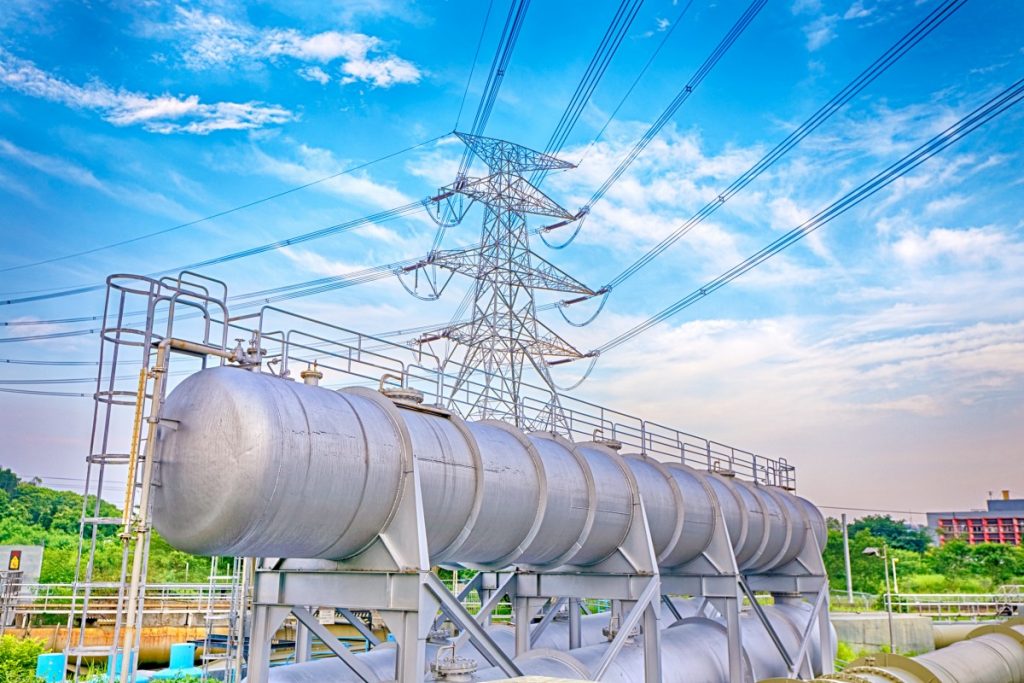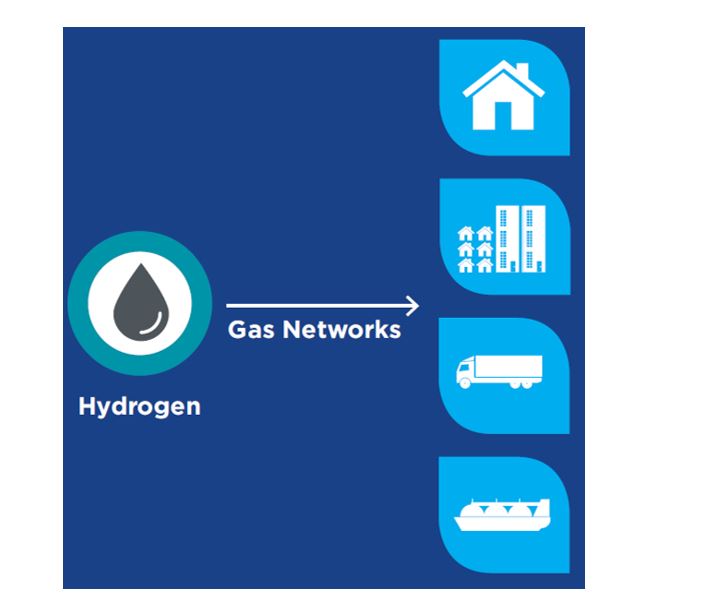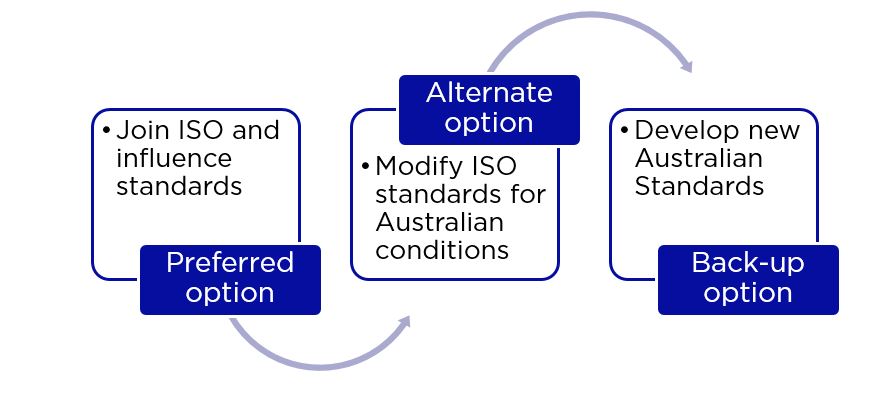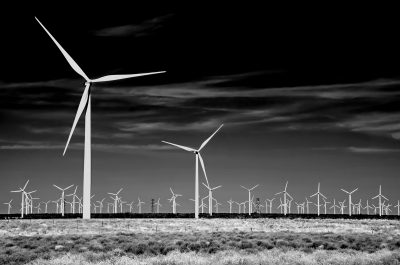‘Green gas’ may become the Australian standard
Australia is another step closer towards developing a hydrogen industry, with Jemena’s recently announced Project H2GO trial set to start. This five-year project will convert excess solar and wind power into hydrogen gas, which will then be stored for use across the Jemena Gas Network in New South Wales.
Hydrogen is a carbon-neutral fuel that can be safely added to natural gas supplies by up to 10 per cent without changes to pipelines, appliances or regulations. This trial will demonstrate how existing gas pipeline technology can provide long-term storage for hydrogen produced from excess renewable energy – a far more efficient means of storing energy than batteries, which only last for minutes or hours.
The project will generate enough hydrogen to supply about 250 homes in Western Sydney.
If the trial is successful, “green gas” will be adopted more broadly across NSW and Australia to power homes, businesses, hydrogen refuelling stations and potentially support a hydrogen export market. But for this to happen and to ensure the safe and efficient use of hydrogen as a clean energy source, Australian standards may need to be modified or newly created.
Australian standards
Standards are a critical set of documentation outlining practices for industry to ensure the safe operation of gas networks. Standards provide six benefits[1]:
- Boost (customer) confidence.
- Enhance innovation.
- Give products a competitive edge.
- Reduce barriers to international trade.
- Reduce red tape.
- Help businesses thrive.
Basically, standards are central to Australian business. They make business transactions simpler and more efficient, assisting with risk mitigation and compliance.
Hydrogen Standards
Moving towards hydrogen may require a range of new practices to be developed and agreed in national standards. Standards Australia facilitated an industry forum last week to identify what may be needed.
At present, there are no dedicated Australian Standards for hydrogen, although a number of international committees through the International Organization for Standardization (ISO) exist for hydrogen and hydrogen related technologies. These committees cover hydrogen production, storage, transportation and potential utilisation. Australia is a participant in the international committees related to storage of high pressure gas, but is only an observer in the hydrogen technologies committee – ISO/TC197.

Hydrogen quality
The quality of hydrogen was discussed at the workshop. A quality standard of any fuel is essential for its safe and efficient use, but also to calculate how much energy has been used by consumers.
Hydrogen is a multi-purpose fuel with potential end-uses including transport (using fuel cells), replacing gas in gas networks, for use in power generation and as a feedstock in chemical production for exports. Moreover, a range of hydrogen production options include electrolysis using renewables, steam methane reforming of natural gas or gasification from coal. Each application may require a certain quality of hydrogen with different production processes being better suited to meet some of those standards.
Figure 1: End-uses of hydrogen

Prioritisation of standard development
The forum identified the standards that should be prioritised for different parts of the Australian supply chain. This was not an easy task as each component of the supply chain has many variables. For example, end-users included hydrogen fuelled vehicles, domestic appliances, commercial appliances and more. A diverse group of stakeholders was involved in these discussions.
Figure 2: Hydrogen supply chain

Regardless of the different stakeholder interests, each group made a similar recommendation that Australia should become involved in the ISO so that we can influence the development of those new standards related to hydrogen and then adopt them as Australian Standards.
Figure 3: Options for hydrogen standards development

An alternate option includes modifying the ISO standards for Australian conditions. However, if the international standard was completely inappropriate then we would seek to develop our own new national standards.
Next steps
As with other demonstration projects across the county, Jemena are full steam ahead with their project, an important step on the hydrogen journey.
Standards Australia will need to approve joining the ISO and a proposal is being presented to it in the near future.
[1] https://www.standards.org.au/standards-development/what-is-standard

